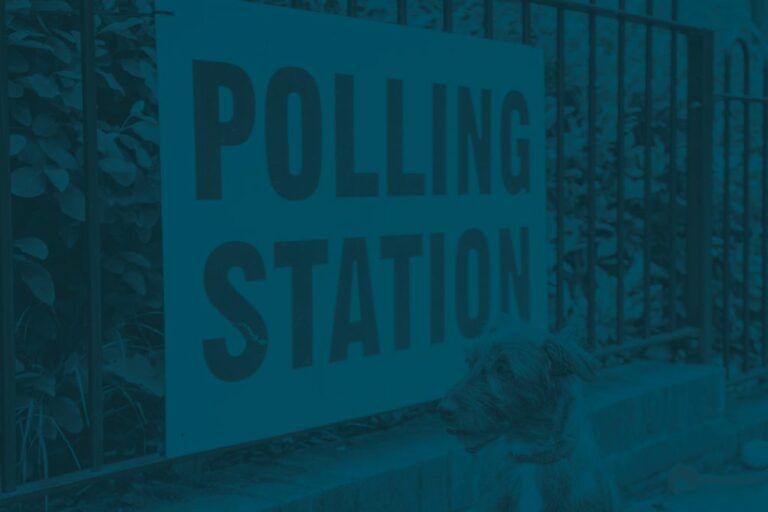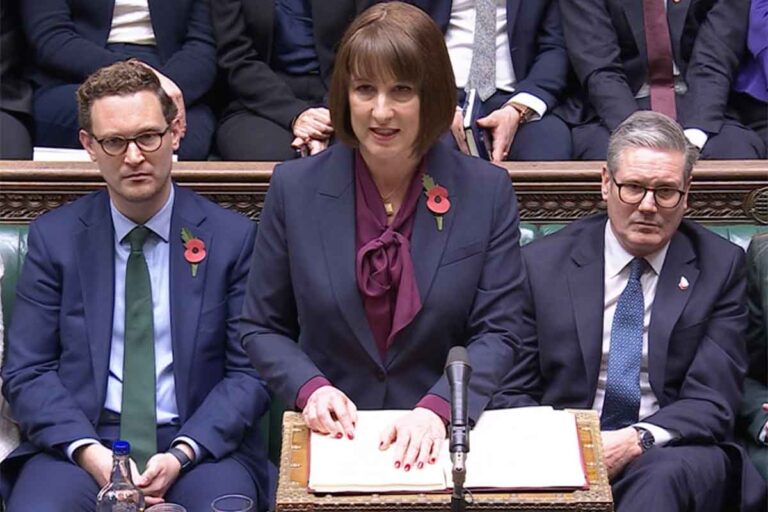
2021 Elections Preview
With last year’s local elections delayed a year due to COVID-19 and combined with those originally intended to take place this spring, this set of elections will represent the first serious electoral test in this Parliament for the Government and the new leaders of both Labour and the Liberal Democrats.
Though the pandemic delayed confirmation of when these elections would take place – and led to speculation that different elections could be held on different days – the continued success of the vaccination programme has meant that campaigning could still take place, albeit with certain restrictions including during the period of national mourning following the death of Prince Philip, Duke of Edinburgh.
On paper, the Conservatives approaching the start of their twelfth year in power and Labour’s disappointing performances the last time these elections were contested in 2016 and 2017 should both augur well for Sir Keir Starmer (at least in contests in England).
Yet talk at the moment is dominated not by the prospect of Labour gains but the impact that the Government’s ‘vaccine bounce’ in the polls will have. Should this translate into actual votes in May, and with current polling also suggesting a Labour retreat in Scotland and possibly also in Wales, Labour may be forced to look to the council and mayoral elections in England’s larger cities for any unalloyed good news on election night.
However lopsided the results in Labour’s favour may be there, it will be the main parties’ performances in councils across provincial England that will inform early speculation regarding the horse race for the next general election. Two of the highest profile mayoral contests – in the West Midlands and Tees Valley – both of which the Conservatives won narrowly in 2017 and include Westminster seats which flipped in 2019 – will also be closely scrutinised for how opinion in the ‘Red Wall’ is shifting.
Elsewhere, the Liberal Democrats will be eyeing gains in pro-remain parts of the south of England where the party has performed well in the past two general elections. With the Conservatives currently enjoying large majorities on many of these councils, there should be scope for Lib Dem advances here even if the Conservatives are successfully holding off Labour across most of the rest of England.
Given the current state of play, there is a real risk of these elections confirming the current political landscape rather than anything more dramatic. With the SNP – despite recent troubles – still the strong favourites to be running Scotland after May, the only burning question on election night could be how the final results will fall in Wales, where current polling suggests that a revival of a Labour-Plaid Cymru government (which governed Wales from 2007 to 2011) could be on the cards.
If the Government performs strongly – due to a ‘vaccine bounce’ or other factors – expect the PM to use any newfound political capital from this and the recovery from COVID-19 to launch an ambitious domestic agenda for the rest of the Parliament (likely in the form of a mid-May Queen’s Speech and a reshuffle) and the current whispers against Keir Starmer’s leadership to grow louder.
Should Labour exceed expectations (which are helpfully set quite low), increasing concern on the Government’s backbenches could make for a trickier summer and autumn for Boris Johnson, particularly if the Chancellor ends up asking Conservative MPs to vote for further tax rises later in the year to help public services meet demand that has been pent-up during the pandemic.
You can read our full briefing previewing the forthcoming local and devolved elections by clicking here.

In early January, Mark Zuckerberg announced Meta was removing restrictions on topics like immigration and gender, allowing for more politicised debate on its platforms and ending its third-party fact-... Read more

MHP’s Public Affairs team has pulled together the top announcements, assessing the political and business impact from this significant fiscal event.... Read more